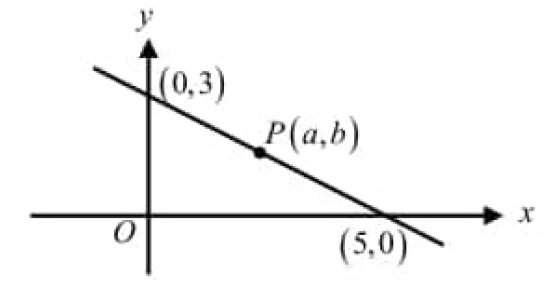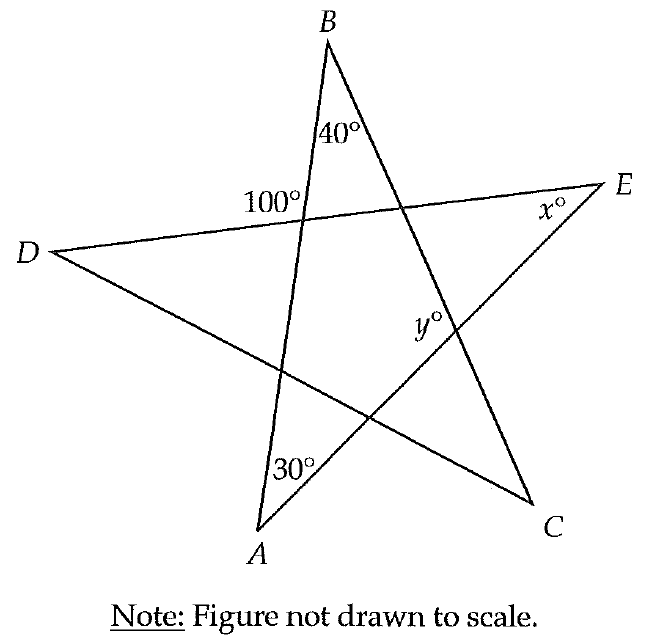EVALUATE EXPONENTIAL FUNCTIONS
To evaluate an exponential function with the form
f(x) = bx,
we simply substitute x with the given value, and calculate the resulting power.
Example 1 :
Evaluate :
f(x) = (1/3) ⋅ 6x at x = 2
Solution :
f(x) = (1/3) ⋅ 6x
Substitute 2 for x.
f(2) = (1/3) ⋅ 62
= (1/3) ⋅ 36
= 12
Example 2 :
Evaluate :
f(n) = 10 ⋅ 2n at n = 5
Solution :
f(n) = 10 ⋅ 2n
Substitute 5 for n.
f(5) = 10 ⋅ 25
= 10 ⋅ 32
= 320
Example 3 :
Evaluate :
f(n) = 8 ⋅ 2n at n = -2
Solution :
f(n) = 8 ⋅ 2n
Substitute -2 for n.
f(-2) = 8 ⋅ 2-2
= 8 ⋅ 1/22
= 8 ⋅ 1/4
= 2
Example 4 :
Evaluate :
g(x) = (1/5) ⋅ (1/3)x at x = 3
Solution :
g(x) = (1/5) ⋅ (1/3)x
Substitute 3 for x.
g(3) = (1/5) ⋅ (1/3)3
Power of a Quotient Property.
= (1/5) ⋅ (13/33)
= (1/5) ⋅ (1/27)
= 1/135
Example 5 :
Evaluate :
g(x) = (1/121) ⋅ 3x at x = 4
Solution :
g(x) = (1/121) ⋅ 3x
Substitute 4 for x.
g(4) = (1/121) ⋅ 34
Power of a Quotient Property.
= (1/121) ⋅ 81
= 81/135
Example 6 :
Biologists use a formula to estimate the mass of a mammal's brain. For a mammal with a mass of m grams, the approximate mass B of the brain, also in grams, is given by B = (1/8)m2/3. Find the approximate mass of the brain of a mouse that has a mass of 64 grams.
Solution :
B = (1/8)m2/3
Substitute 64 for m.
= (1/8)(64)2/3
= (1/8)(43)2/3
Power of a Power Property.
= (1/8)(43 ⋅ 2/3)
= (1/8)(42)
= (1/8)(16)
= 2
The approximate mass of the brain of the mouse is 2 grams.
Kindly mail your feedback to v4formath@gmail.com
We always appreciate your feedback.
©All rights reserved. onlinemath4all.com
Recent Articles
-
Digital SAT Math Problems and Solutions (Part - 134)
Apr 02, 25 12:40 AM
Digital SAT Math Problems and Solutions (Part - 134) -
SAT Math Resources (Videos, Concepts, Worksheets and More)
Apr 02, 25 12:35 AM
SAT Math Resources (Videos, Concepts, Worksheets and More) -
Digital SAT Math Problems and Solutions (Part 135)
Apr 02, 25 12:32 AM
Digital SAT Math Problems and Solutions (Part 135)

